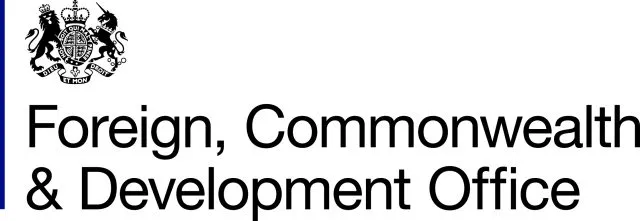The multifaceted challenges confronting East Africa demand a comprehensive and collaborative approach that overcomes silos and prioritizes values, strategic partnerships, and innovative solutions.
In the context of deepening crises across East Africa, delegates emphasized the importance of common values in deepening international partnerships and developing common visions. Successive international crises have eroded long-established international norms, as well as the mechanisms that exist to protect them. Unimpeded access for humanitarian aid, information and press access, and diplomatic access is not just a moral imperative but a critical component for addressing the region’s myriad of challenges, including conflict, displacement, and food insecurity.
Values such as respect for human rights, democracy, and the rule of law serve as fundamental pillars for stability, prosperity, and sustainable development in the region. Efforts to counter the erosion of these norms must be prioritized through diplomatic engagement, advocacy, and concerted action by the international community to ensure that aid reaches those who need it most, without obstruction or delay.
“There are important and practicable agendas that regional partners share upon which collaboration can be built.”This is an example
It is clear that there need to be changing international responses to the shifting needs in the region. The increasing complexity of political dynamics requires flexible and agile responses, and more connected thinking among international actors. More flexible financing strategies for climate adaptation, flexible development partnerships that engage across the social spectrum, and flexible responses to crises are crucial. This can be accomplished through platforms that bring together regional actors, donors – old and newly established – to draw on communal priorities and develop regional agendas. While the East African region faces significant challenges in the near horizon, there are important and practicable agendas that regional partners share upon which collaboration can be built: countering violent extremism and promoting state stability, facing climate-induced challenges and managing adaptation, and promoting economic prosperity and trade integration.
Dr. Surer Qassim Mohamed Wilton Park | 29/05/2024
Bibliography
Aragie, E. et al. (2023) ‘Synergies and trade-offs between agricultural export promotion and food security: Evidence from African economies’, World Development, 172, p. 106368. Available at: https://doi.org/10.1016/j.worlddev.2023.106368.
Earle, L. (2022) ‘Mogadishu: Scoping Study’, African Cities Research Consortium Working Paper, p. 10.
IPCC, 2023: Sections. In: Climate Change 2023: Synthesis Report. Contribution of Working Groups I, II and III to the Sixth Assessment Report of the Intergovernmental Panel on Climate Change [Core Writing Team, H. Lee and J. Romero (eds.)]. IPCC, Geneva, Switzerland, pp. 35-115.
Serels, S. (2021) Purchasing Insecurity: The African Red Sea Region and The Global Food Trade. Nairobi: Rift Valley Institute. Available at: https://riftvalley.net/publication/purchasing-insecurity-the-african-red-sea-region-and-the-global-food-trade/ (Accessed: 17 April 2024).
Stasik, M., Hänsch, V. and Mains, D. (2020) ‘Temporalities of waiting in Africa’, Critical African Studies, 12(1), pp. 1–9. Available at: https://doi.org/10.1080/21681392.2020.1717361.
World Bank (2022) Ethiopia Damage and Needs Assessment – Volume A (English). Washington, D.C.: World Bank Group.
In partnership with

-
Wilton Park reports are brief summaries of the main points and conclusions of a conference. The reports reflect rapporteurs’ personal interpretations of the proceedings. As such they do not constitute any institutional policy of Wilton Park nor do they necessarily represent the views of the rapporteur. Wilton Park reports and any recommendations contained therein are for participants and are not a statement of policy for Wilton Park, the Foreign, Commonwealth and Development Office (FCDO) or His Majesty’s Government.
You can view other Wilton Park reports here, and upcoming Wilton Park events here.
To receive our monthly bulletin and latest updates, please subscribe here.
